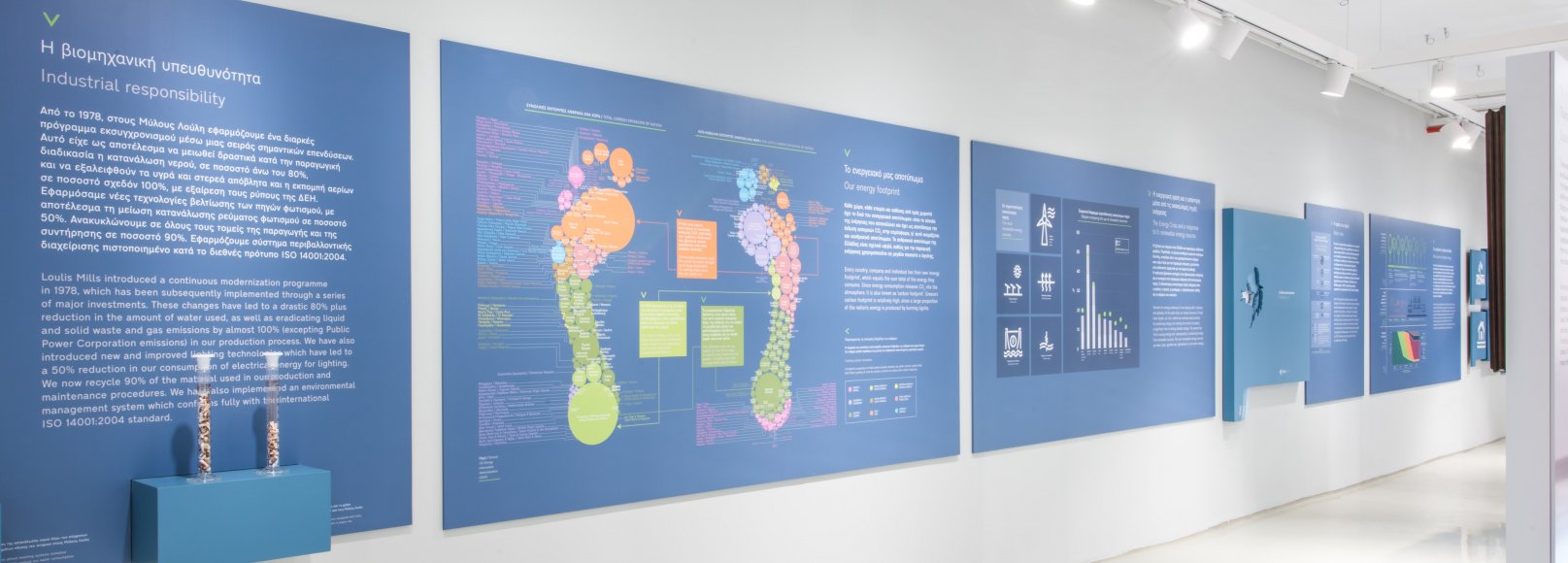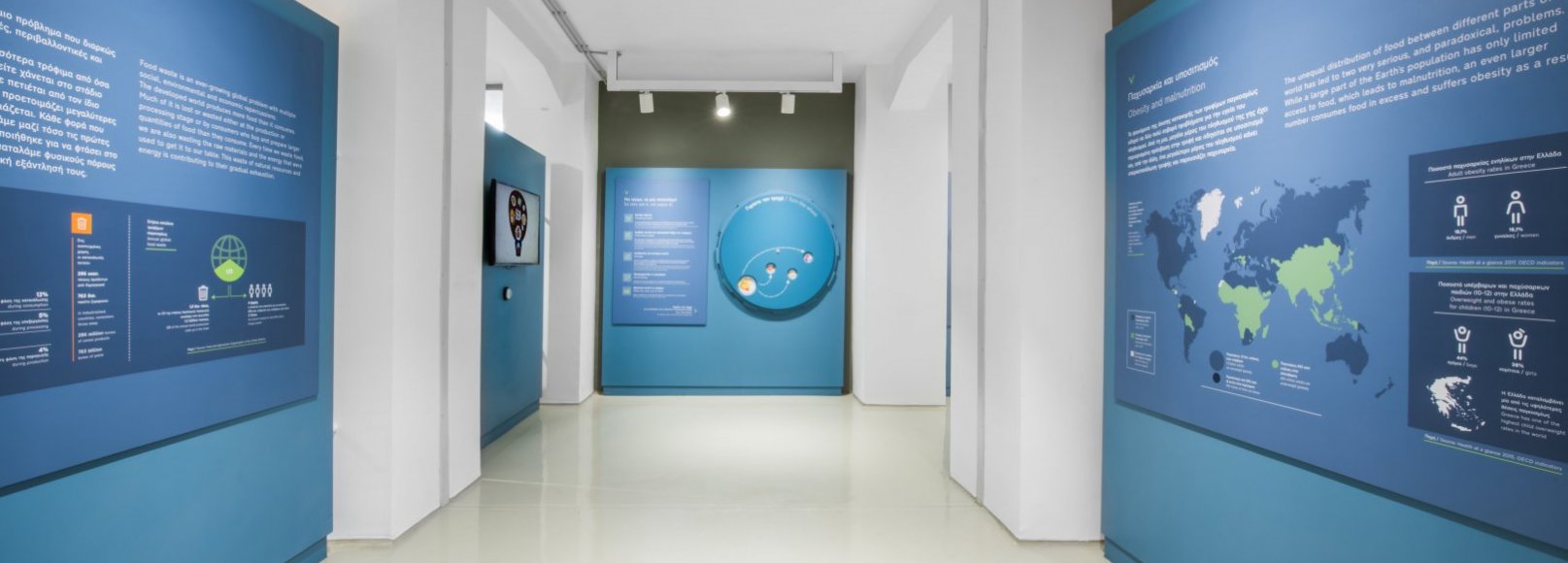Climate change
Climate change refers to changes in global climatic conditions, and specifically to long-term changes in weather. Climate change is already a reality:
- temperature is rising
- rainfall patterns are changing
- glaciers and snow are melting
- the global average sea level is rising
- extreme weather events are becoming more and more frequent.
Today, climate change is considered to be one of the most significant threats to the sustainability of planet Earth.
What causes the climate change
Climate change is largely the result of human activities that result in the emission of greenhouse gases and hence to changes in the chemical composition of the earth's atmosphere. One of the main causes of climate change is mankind's excessive use of fossil fuels such as coal, lignite, oil and gas, the burning of which releases huge amounts of carbon dioxide (CO2) into the atmosphere. Other causes include the unsustainable harvesting of timber and unregulated farming and livestock raising.
Energy sources and recycling
The natural resources man needs so much and uses every day can be divided into two categories: renewables (e.g. water, air) and non-renewables (e.g. oil, coal). The reckless use of non-renewable natural resources leads to their exhaustion, which is why recycling is absolutely necessary. Recycling reduces the amount of waste that ends up in landfills, while society gains from the reuse of the recycled materials (metals, paper, glass, plastics, etc.).
Renewable natural resources are those which can be renewed by processes natural or otherwise. E.g. trees are felled so the raw material (timber) can be harvested, but can be renewed by the natural or planned reforestation. Non-renewable natural resources are those which cannot be renewed by processes natural or otherwise (at least for the foreseeable future). They exist as deposits which are consumed and eventually exhausted. E.g. oil and ores: In some cases, the products of these resources can be recycled to delay their exhaustion (as in the case of ores) or they can be created by technical means from other natural raw materials (as in the case of oil). However, this doesn't make them renewable.
The energy crisis and renewable energy sources
Demand for energy continues to rise sharply both in Greece and globally. At the same time, our natural reserves of fossil fuels (lignite, oil, etc.), which are currently used primarily for producing energy, are running out as well as playing a significant role in driving climate change. The answer lies first in saving energy and, subsequently, in producing energy from renewable sources. The core renewable energy sources are wind, solar, geothermal, hydroelectric, and marine energy.
The water crisis
One of the gravest problems caused by climate change is the change in the water cycle as average annual temperatures rise and impact on global climate. This results in a change in the quantity and quality of rainfall (meteorological drought), melting icecaps, increased evaporation from lakes and rivers, and a reduction in the water available in various parts of the world (hydrological drought), including the Mediterranean. It is forecast that by 2100, Greece's summer dry spell will last an additional 30-40 days.
Every country, company and individual has their own 'energy footprint', which equals the sum total of the energy they consume, causing the emission of CO2 into the atmosphere – hence it is also known as ‘carbon footprint’. Greece's carbon footprint is relatively high, since a large proportion of the nation's energy is produced by burning lignite.
Our energy and water footprint
Every country, company and individual has their own 'energy footprint', which equals the sum total of the energy they consume, causing the emission of CO2 into the atmosphere – hence it is also known as ‘carbon footprint’. Greece's carbon footprint is relatively high, since a large proportion of the nation's energy is produced by burning lignite.
The same happens for the consumption of water. Every person, every product and every country has a water footprint. A country's Water Footprint is a complex index that captures the amount of water consumed directly or indirectly to produce products and services, both local and imported.
Food waste
Food waste is an ever-growing global problem with multiple social, environmental and economic repercussions. The developed world produces more food than it consumes. Much of it is lost or wasted either at the production or processing stage or by consumers who buy and prepare larger quantities of food than they consume. Every time we waste food, we are also wasting the raw materials and the energy that were used to get it to our table. This waste of natural resources and energy is contributing to their gradual exhaustion.



